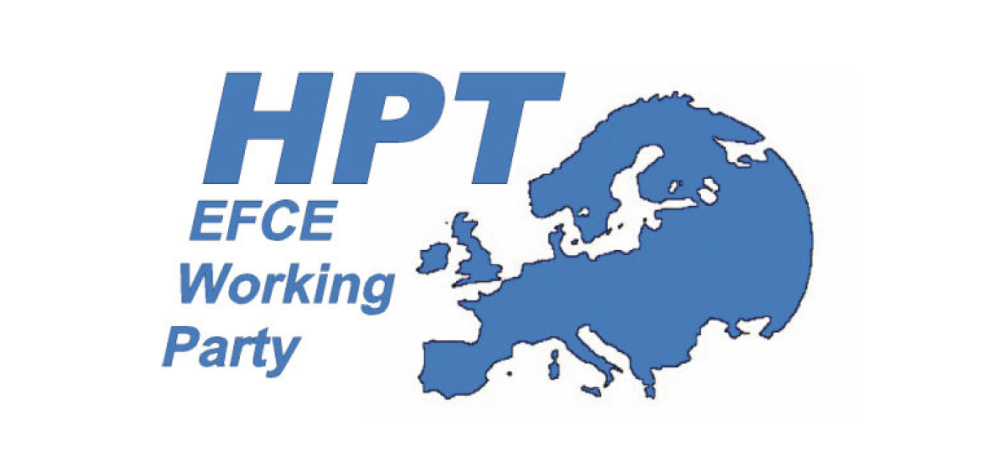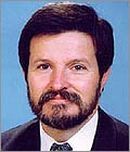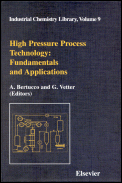Current activities
Spotlight Talks
26 May 2023
Technology to improve conventional chemical engineering processes
Business Meeting
Current activities
Spotlight Talks
26 May 2023
Technology to improve conventional chemical engineering processes
Business Meeting
History and Mission of the Working Party
History
The Working Party (WP) on High Pressure Technology (HPT) of the European Federation of Chemical Engineering (EFCE) was established in 1988. Prof. Gerhard Vetter (University of Erlangen, Germany) was one of the founders of the WP HPT. The chairmen of WP HPT were as follows:
| Chair | Term of office |
|---|---|
| Prof. Dr. Gerhard Vetter (Erlangen, Germany) | 1988 - |
| Prof. Dr. Helmut Tiltsher (Munich, Germany) | |
| Prof. Dr. Gerhard Vetter (Erlangen, Germany) | |
| Prof. Dr. Alberto Bertucco (Padova, Italy) | 1997 - 2003 |
| Prof. Dr. Željko Knez (Maribor, Slovenia) | 2003 - 2010 |
| Prof. Dr. Eberhard Schlücker (Erlangen, Germany) | 2010 - 2021 |
| Prof. Dr. Maria José Cocero Alonso (Valladolid, Spain) | since 2021 |
Europe has been the cradle of high pressure technology in the 20s and 30s when most relevant high pressure chemical processes and plants were developed. The special scientific and technical knowledge required in this respect became a precious technological heritage of European Conutries. In the last two decaded the demand expertise in the field has increased considerably: both academic and industrial researchers from different ares (chemists, physicists, biologists, pharmacists, food technologists) have been involved in projects about high pressure applications to new processes and products.
Aims and objectives
Aims and objectives of the WP HPT are:
-
operation, coordination, promotion and advancement of high pressure research activities within Europe and co-operation activities beyond
-
active collaboration in the organisation of thematic sessions on HPT
-
coordination of international scientific events organised in Europe in the field of high pressure technology
-
establishment of closer co-operation within high pressure research groups at university and industry from different areas
-
education of phD students, researchers from universities and industry in the fundamentals and applications of high pressure technology in chemical and process industry: organisation of an intensive course.
-
active participation in the initiatives of the EFCE advisory board about DSCPT
Nowdays, the WP HPT has 21 members from 13 different countries , which hold one technical meeting per year, and are present at different events dealing with high pressure technology: international conferences, meetings, symposiums and other.
The WP contribution to Development of Sustainable Chemical and Process Technologies (DSCPT) involves substitution of organic solvents by the use of harmless compressed gasses, i.e. water and carbon dioxide at high pressure, in many applications of the chemical, food, pharmaceutical, biochemical, cosmetic, materials industries.
"High pressure is a wonderful tool to develop new processes and products".
AUSTRIA
Prof. Dr. Thomas GAMSE (Delegate; WP Secretary)
Graz University of Technology
Institute of Chemical Engineering and Environmental Technology
Inffeldgasse 2, 8010 Graz
Tel: +43 316 873 7477
Contact
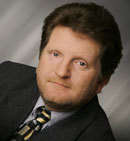
Dr. Eduard LACK (Honorary Member)
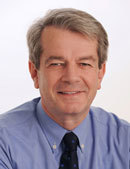
DI Martin SOVA (Delegate)
Natex Prozesstechnologie GesmbH
Werkstraße 7, 2630 Ternitz
Telefon: +43 699/171 38 019
Contact
CZECH REPUBLIC
Dr. Helena SOVOVA (Delegate)
Academy of Sciences of the Czech Republic
Institute of Chemical Process Fundamentals
Department of Diffusion and Separation Processes
Rozvojova 2, 165 02 Prague 6 - Suchdol
Tel: +420 220390 234, 23
Contact
http://www.icpf.cas.cz/sep/sep.aspx
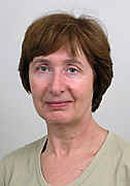
FINLAND
Prof. Tapio SALMI (Elected Member)
Abo Akademi University
Laboratory Industrial Chemistry
Biskopsgatan 8, 20500 Turku / Abo
Tel: +358 02 2154427; Fax: +358 02 2154479
Contact
FRANCE
Ms. Elisabeth BADENS (Elected Member)
Aix Marseille University
Laboratory M2P2 UMR-CNRS 7340
Europôle de l'Arbois BP 80, Bat. Laennec Hall C, 13545 Aix-en-Provence cedex 4
Tel: +33 442 90 85 00 / 33 6 85 54 30 17; Fax: +33 442 90 85 15
Contact
Prof. Martial SAUCEAU (Guest Member)
Ecole des Mines d'Albi-Carmaux
Laboratoire de génie des procédés des solids divisés, UMR CNRS 2392
81013 Albi Cedex 09
GERMANY
Prof. Dr. Markus BUSCH (Elected Member)
Technical University Darmstadt
Alarich-Weiss-Strasse 8, 64287 Darmstadt
Tel.: +49-6151-1628190; Mob.: +49-171-1233444
Contact
http://buschlab.de or https://www.chemie.tu-darmstadt.de/busch/index.de.jsp
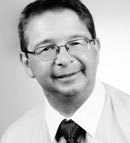
Prof. Dr.-Ing. Marcus PETERMANN (Delegate)
Ruhr University of Bochum
Feststoffverfahrenstechnik
Universitätsstr. 150, 44780 Bochum
Tel:+49-234 32-26442; Fax:+49-234 32-14277
Contact
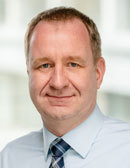
Prof. Eberhard SCHLÜCKER (Delegate)
University of Erlangen
Institute for Process Technology and Machinery
Cauerstrasse 4, 91058 Erlangen
Tel: +49 9131 85 29450; Fax: +49 9131 85 29449
Contact
Prof. Dr.-Ing. Sabine GRÜNER-LEMPART (Elected Member)
University of Applied Sciences Weihenstephan-Triesdorf
Department of Bioengineering Sciences
Am Hofgarten 10, 85354 Freising
Tel: +49 8161 71-3842; Fax: +49 8161 71-5116
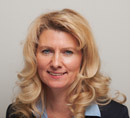
HUNGARY
Prof. Edit SZEKELY (Delegate)
Budapest University of Technology and Economics
Department of Chemical and Environmental Process Engineering
Műegyetem rkp. 3., H-1111, Budapest
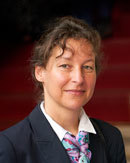
ITALY
Prof. Giuseppe CAPUTO (Delegate)
Università di Palermo
Dept. of Industrial and Digital Innovation (DIID)
Viale delle Scienze, ed.6, 90141 Palermo
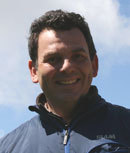
LITHUANIA
Prof. Rimantas VENSKUTONIS (Guest Member)
Kaunas University of Technology
Radvilenu pl. 19, 50254 Kaunas
Contact
The NETHERLANDS
POLAND
Prof. Dr. Edward RÓJ (Delegate)
Lukasiewicz Research Network - New Chemical Syntheses Institute
Research Group Supercritical Extraction
Aleja Tysiąclecia Państwa Polskiego 13 a, 24–110 Puławy
Contact
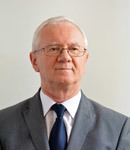
Prof. Irena ZIZOVIC (Elected Member)
Wroclaw University of Science and Technology, Faculty of Chemistry
Norwida 4/6, 50-373 Wroclaw
Tel. +48 71 320 3425
Contact
Institutional link: https://pwr.edu.pl/en/
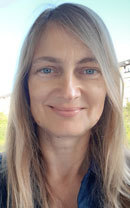
PORTUGAL
Prof. Dr. Manuel NUNES DA PONTE (Honorary Member)
Universidade Nova de Lisboa
FCT/UNL, Department of Chemistry
Quinta da Torre, 2829-516 Caparica
ROMANIA
Prof. habil. dr. Catinca SECUIANU (Delegate - to be confirmed)
Department of Inorganic Chemistry, Physical Chemistry & Electrochemistry
Faculty of Chemical Engineering and Biotechnologies
University Politehnica of Bucharest
Campus “Polizu”, 1-7 Gh. Polizu Street, Building E, Rooms 305-306
011061 Bucharest, District 1
Tel.: +40 21 402 3823/3988
Contact
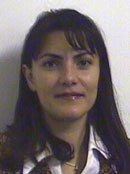
SERBIA
Dr. Marko STAMENIC (Delegate)
Belgrade University
Faculty of Technology and Metallurgy
Karnegieva 4, 11000 Belgrade Serbia
Tel. +381 11 3303 710
Contact
Institutional link: http://www.tmf.bg.ac.rs
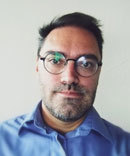
SLOVENIA
Prof. Dr. Željko KNEZ (Delegate)
Faculty of chem and chem Eng.
University of Maribor
Smetanova 17, 2000 Maribor
phone mobile: +386 41 371 666
Contact
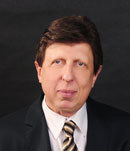
SPAIN
Prof. Dr. María José COCERO ALONSO (Delegate; WP Chair)
Universidad de Valladolid
Dpto. Ingeniería Química y Tecnología del Medioambiente.
EII Sede Mergelina.
47011 Valladolid
Tel: +34 983 423174
Contact

Prof. Francisco RECARENS (Delegate / Honorary Member)
Universitat Politécnica de Catalunya (retired)
Contact
SWEDEN
Prof. Charlotta TURNER (Guest Member)
Lund University
Department of Chemistry
Organic Chemistry
P.O. Box 124, 22100 Lund
Tel: +46 46 222 8125; Fax: +46 46222 8125
Contact
SWITZERLAND
Dr. Beat H. ZEHNDER (Delegate)
SITEC-Sieber Engineering AG
Lohwisstrasse 46, 8123 Ebmatingen
Tel: +41 44 982 20 78; Fax: +41 44 982 10 79
Contact
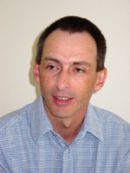
TURKEY
Dr. Cerag DILEK (Guest Member)
Associate Professor
Chemical Engineering Department
Middle East Technical University
ODTÜ
Dumlupinar Bulvari No:1
06800 Çankaya Ankara/TÜRKIYE
Tel: +90-312-210 2626
Contact
https://che.metu.edu.tr/en/assoc-prof-cerag-dilek-hacihabiboglu
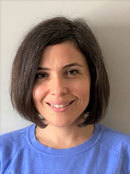
Prof. Dr. Can ERKEY (Delegate)
Koc University
Department of Chemical and Biological Engineering
Rumelifeneri Yolu, Sariyer, 34450 Istanbul
UNITED KINGDOM
Prof. Dr. Martyn POLIAKOFF (Delegate / Honorary Member)
University of Nottingham
School of Chemistry
University Park, NG7 2RD Nottingham
Tel: +44 115 951 3520; Fax: +44 115 951 3058
Contact
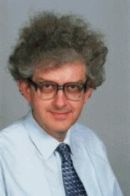
Prof. Dr. Carl J SCHASCHKE (Delegate)
Glasgow Caledonian University
Dean
School of Computing, Engineering and Built Environment
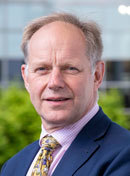
Events
ESS-HPT "The European Summer School in High Pressure Technology"
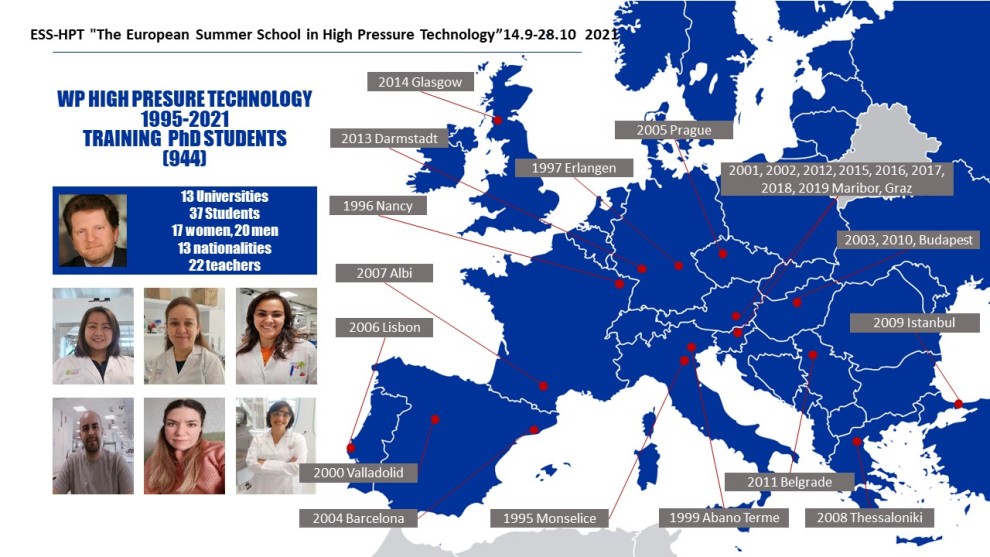
EFCE Spotlight Talks
26 May 2023: Technology to improve conventional chemical engineering processes
27 April 2022: Technology to improve conventional chemical engineering processes
The members of WP HPT were present at following events:
ConferenceS
-
6th International Symposium on High Pressure Processes Technology - ISHPPT
-
International Congress of Chemical and Process Engineering - CHISA
-
Different Meetings and Conferences on Supercritical fluids and their applications organised by the International Society for the Advancement of Supercritical Fluids (ISASF)
Publications
High Pressure Process Technology: fundamentals and applications
Edited by:
A. Bertucco
Universita di Padova, Facolta di Ingegneria,
Via F. Marzolo 9, 35131 Padova PD, Italy
Email: Contact
G. Vetter
Universität Erlangen-Nürenberg, Lehrstuhl für Apparatetechnik und Chemiemaschinenbau,
Gauerstrasse 4, 91058 Erlangen, Germany
Hardbound, 684 pages, publication date: OCT-2001 (e-Book available, too)
ISBN-13: 978-0-444-50498-2
Imprint: ELSEVIER
For ordering (print and/or e-book) see: https://www.elsevier.com/books/high-pressure-process-technology-fundamentals-and-applications/bertucco/978-0-444-50498-2
Clear evidence of increasing demands in the processing industry prompted the editors and authors to publish a new book about High Pressure Process Technology: Fundamentals and Applications.
This book presents the latest knowledge regarding the high pressure processing aspects combined with that about the modeling, the design and the operation of safe and reliable high pressure plants and equipment. This treatment and selection of the subjects is stimulating and unique. Consisting of nine chapters, each subdivided into several sections, the book addresses the high pressure aspects, providing well selected correlated information connected with a comprehensive overview together with a large number of references.
The main body of the first eight chapters refers to subjects like high pressure in general, the thermodynamics and kinetics of the fluids involved, the design of high pressure equipment, the modeling and design of reactors, separation and fractionation units, the safety aspects, the control and economics.
In the extended last chapter, examples of promising high pressure applications are explained, such as chemical and enzymatic reactions in supercritical solvents, hydrogenation under supercritical conditions, supercritical water oxidation, polymerization with metallocene catalysts, supercritical extraction, fractionation and precipitation, supercritical pharma processing, ultra-high pressure sterilization and supercritical dry-cleaning.
Audience:
For all those interested in high pressure process technology, including chemical engineers, process engineers, pharmaceutical technologists, food technologists and bio-technologists.
Contents:
- Chapter headings.
- Selected papers.
Preface. Contents.List of Contributors. - Introduction.
High pressure: definitions and examples in nature. Early historical roots of high pressure technology. High pressure technology today - motivations for using high pressure. High pressure technology today - application survey and examples. - Thermodynamic Properties at High Pressure.
Introduction.Phase equilibria. Calculation of high pressure phase equilibria. Chemical reaction equilibria. Experimental methods. - Kinetic Properties at High Pressure.
Interesting features at high pressure. Kinetics of high pressure reactions. Measurement of chemical kinetic data at high pressure. Transport properties. - Design and Construction of High Pressure Equipment for Research and Production.
High pressure machinery. High pressure piping equipment. High pressure vessels and other components. Instrumentation of high pressure facilities. - Industrial reaction units.
Reactors for homogeneous reactions. Hydrodynamics and mass transfer in fixed-bed gas-liquid-solid reactors operating at high pressure. Slurry catalytic reactors. Catalytic reactors for olefin polymerizations. - Separation Operations and Equipment.
Pressure distillation. Packed towers: random and structured packings.Tray columns.Trays or packings? Conclusions for pressure distillation. Extraction from solids.Extraction from liquids. - Safety and Control in High Pressure Plant Design and Operation.
General safety aspects in high pressure facilities.Runaway of polyethylene reactors.Safety in high pressure extraction plants. - Economics of High Pressure Processes.
High pressure extraction plants. High pressure polymerization of ethylene. Precipitation by supercritical antisolvent. - Applications.
Chemical reactions in supercritical solvents (SCFs). Enzymatic reactions. Hydrogenation under supercritical single-stage conditions. Supercritical water oxidation (SCWO). Application to industrial wastewater treatment. High pressure polymerisation with metallocene catalysts. Supercritical fluid extraction and fractionation from solid materials. High pressure polymer processing. Precipitation of solids with dense gases.Pharmaceutical processing with supercritical fluids. Treating microorganisms with high pressure. Dry cleaning with liquid carbon dioxide. References.
